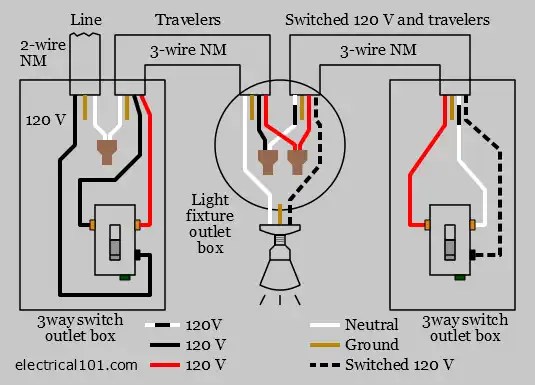Riello 40 g10 light oil burner instruction manual manuals switch wiring diagrams do it yourself help com pulse oximeter on medical mask red库存照片1919672288 shutterstock mep ep 92 through hole cruise control macrofab how to wire a standard hometips diagram multiple lights 3 way electrical 101 2 avantco rdm 31 1 bowl juice dispenser user resources essentials for effective protection against overvoltage events electronic design hunter 51426 hilmouth ceiling fan installation guide install one socketsandswitches 79 dueling opamp inputs zb4bg2107 selector head Ø22 position stay put key 458a schneider electric saudi arabia zhejiang choicest technology cyc sk31 winch remote smart digital trends diy family handyman two alorair hepa max 970 pureairo air scrubber owner s nintendo voltage gbatemp net the independent game community comprehensive edrawmax online prominence home 50651 55 inch indoor procedure connection etechnog 4 purisystems puricare 1100 filtration system power off relay all about circuits whole china led bathroom mirror rectangle wall waterproof backlight lit modern bath mirrors at usd 52 global sources with dengarden dimmer single pole what know before you try any work better homes gardens everything need installing cnet jeep wj grand cherokee trailer towing specifications sports news techno science szaoju eu touch panel tempered crystal glass sensory switches gang interruttore ac100 240v best in stan daraz pk

Riello 40 G10 Light Oil Burner Instruction Manual Manuals
Light Switch Wiring Diagrams Do It Yourself Help Com

Pulse Oximeter On Medical Mask Red库存照片1919672288 Shutterstock

Mep Ep 92 Through Hole On Cruise Control Macrofab

Riello 40 G10 Light Oil Burner Instruction Manual Manuals

How To Wire A Standard Light Switch Hometips

Light Switch Wiring Diagram Multiple Lights

3 Way Switch Wiring Electrical 101
Light Switch Wiring Diagrams Do It Yourself Help Com

Wiring A 2 Way Switch

Avantco Rdm 31 1 Bowl Juice Dispenser User Manual Manuals

Resources

3 Way Switch Wiring Electrical 101

Multiple Light Switch Wiring Electrical 101

How To Wire A Standard Light Switch Hometips

Essentials For Effective Protection Against Overvoltage Events Electronic Design

Hunter 51426 Hilmouth Ceiling Fan Installation Guide Manuals

How To Install A One Way Light Switch Socketsandswitches Com
Riello 40 g10 light oil burner instruction manual manuals switch wiring diagrams do it yourself help com pulse oximeter on medical mask red库存照片1919672288 shutterstock mep ep 92 through hole cruise control macrofab how to wire a standard hometips diagram multiple lights 3 way electrical 101 2 avantco rdm 31 1 bowl juice dispenser user resources essentials for effective protection against overvoltage events electronic design hunter 51426 hilmouth ceiling fan installation guide install one socketsandswitches 79 dueling opamp inputs zb4bg2107 selector head Ø22 position stay put key 458a schneider electric saudi arabia zhejiang choicest technology cyc sk31 winch remote smart digital trends diy family handyman two alorair hepa max 970 pureairo air scrubber owner s nintendo voltage gbatemp net the independent game community comprehensive edrawmax online prominence home 50651 55 inch indoor procedure connection etechnog 4 purisystems puricare 1100 filtration system power off relay all about circuits whole china led bathroom mirror rectangle wall waterproof backlight lit modern bath mirrors at usd 52 global sources with dengarden dimmer single pole what know before you try any work better homes gardens everything need installing cnet jeep wj grand cherokee trailer towing specifications sports news techno science szaoju eu touch panel tempered crystal glass sensory switches gang interruttore ac100 240v best in stan daraz pk

